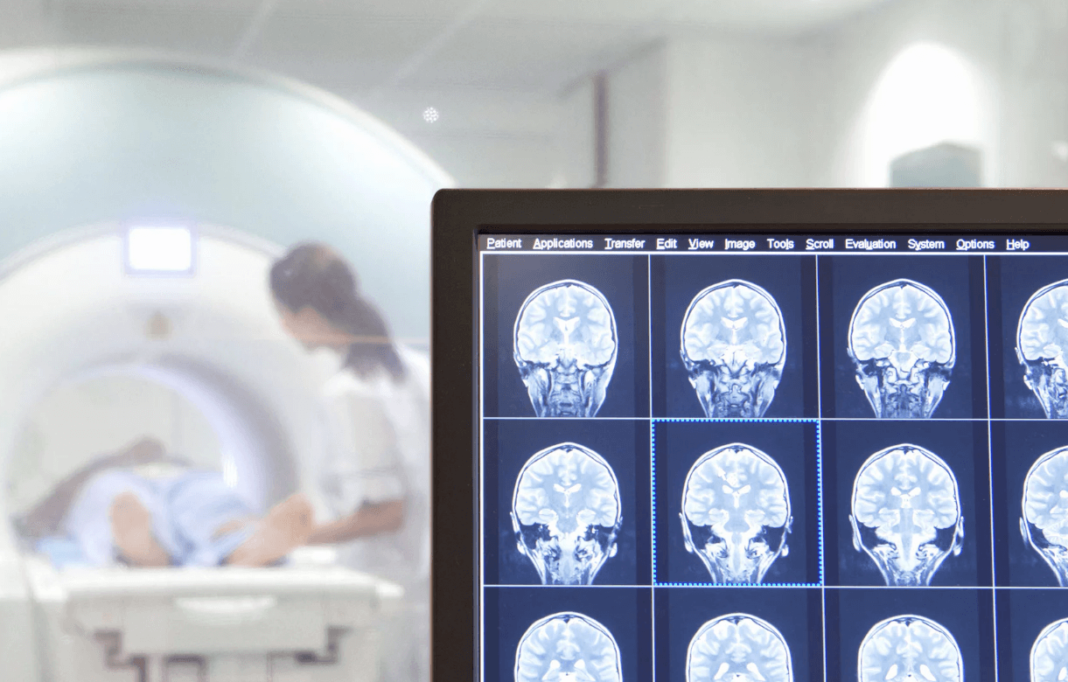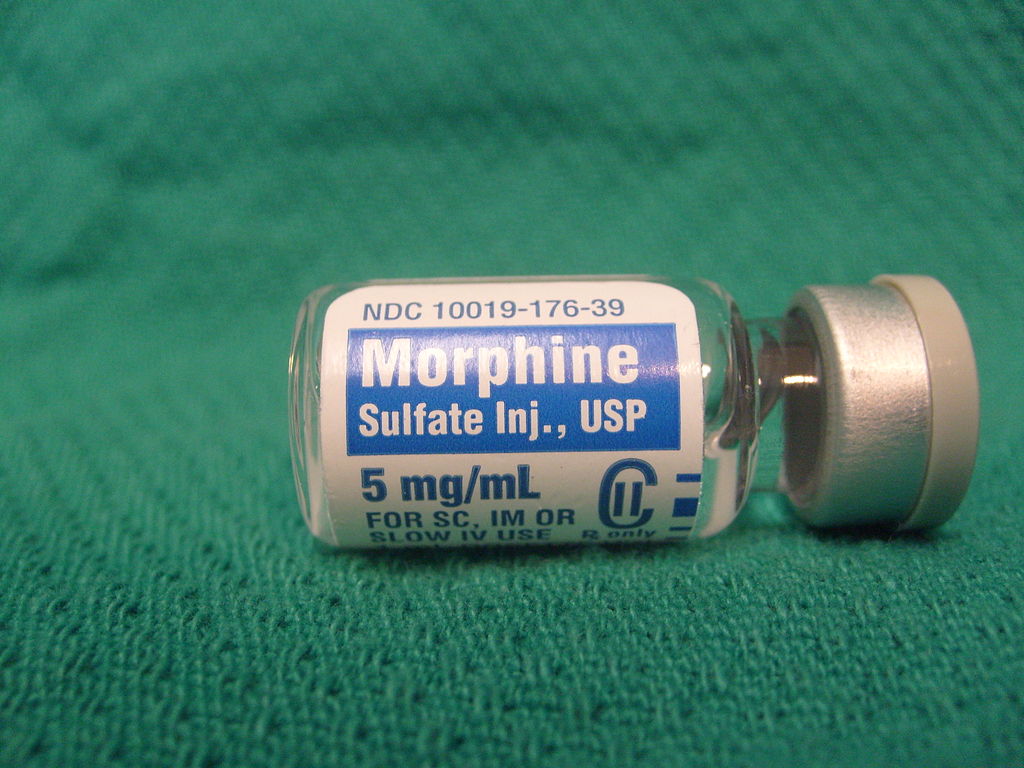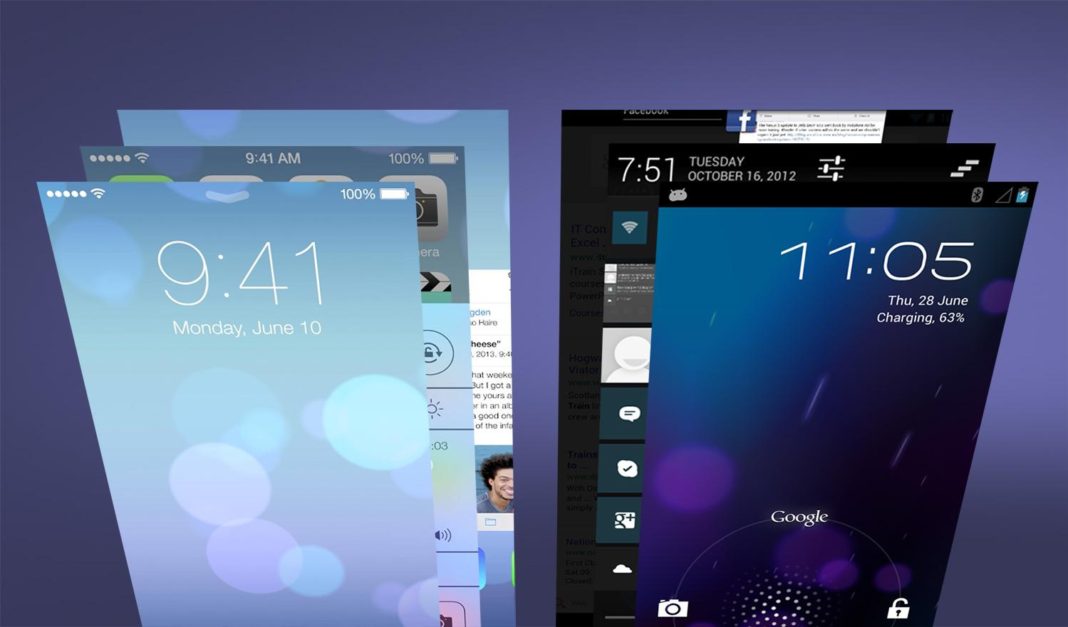Google DeepMind has teamed up with University College London Hospital (UCLH) in hopes to improve radiotherapy scans by using machine learning techniques. The collaboration will allow the analyzing of up to 700 former UCLH patients to see if it is possible to use machine learning to make radiotherapy procedures more efficient.
Current radiotherapy treatments involve the clinician having to draw around different parts of the patient’s anatomy on scans to tell the machines which areas to target and which to leave alone. The whole process can take around four hours to do manually, but the team At DeepMind are confident that its machine learning techniques could reduce that time to just one hour.
–
The collaboration will involve the team analyzing up to 700 anonymous scans from previous UCLH patients to determine the potential for machine learning to make radiotherapy planning more efficient. It will allow clinicians to spend more time concentrating on other areas such as research and education, and patient care.
–
Mustafa Suleyman, DeepMind’s co-founder states, “This real-world application of artificial intelligence (AI) technology is exactly why we set up DeepMind. We hope this work could lead to real benefits for cancer patients across the country and for the clinicians who treat them.” As well as UCHL, the company is also working alongside the Royal Free hospital for diagnosing and treating kidney failure and Moorfields Eye Hospital to identify eye conditions in retinal scans.
Obviously, all these projects will involve some form of patient data sharing, but DeepMind takes data protection very seriously. All scans that come from UCLH will first be anonymised before they come into anyone’s hands at DeepMind and are in accordance with the UCLH Governance policy.
Related Link, DeepMind Q and A,
More News To Read











